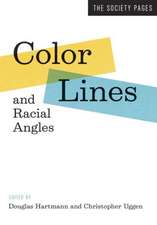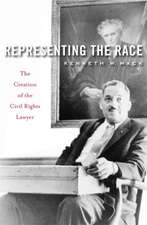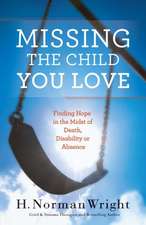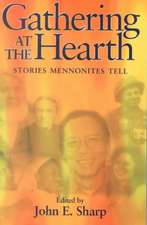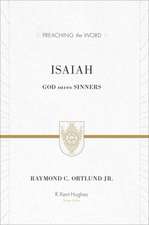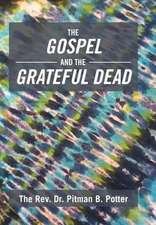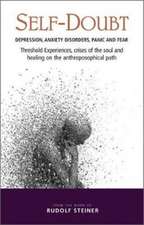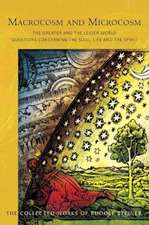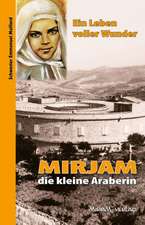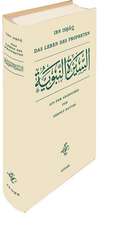Memory
Autor Rudolf Steiner Editat de A. Neider Traducere de J. Collis, P. Kingen Limba Engleză Paperback – 26 mai 2020
Rudolf Steiner indicates that memory is the determining factor in self-awareness. Even a partial loss of memory leads to loss of self-awareness and the sense of our "I." Thus, memory is crucial for the development of "I"-consciousness--not just for the individual, but also for humanity as a whole.
Steiner's research into memory, recollection, and forgetting has many implications for the way we learn and for inner development and spiritual growth. This unique selection of passages from his works offers insights into ways that consciousness can remain autonomous and creative in today's digital environment. It also provides ideas for improving education and emphasizes the importance of lifelong learning.
CHAPTERS INCLUDE
The Development of Memory throughout Human History
The Formation of Memory, Remembering, and Forgetting in the Human Individual
Remembering and Forgetting in Connection with Education
How Remembering and Forgetting Are Transformed by the Schooling
Remembering Backwards (R ckschau) and Memory Exercises
Subconscious Memories of the Pre-birth Period and the Life between Death and a New Birth
Memory and Remembering after Death
The Development of Memory in the Future
Preț: 102.13 lei
Nou
Puncte Express: 153
Preț estimativ în valută:
19.55€ • 20.33$ • 16.14£
19.55€ • 20.33$ • 16.14£
Carte disponibilă
Livrare economică 24 martie-07 aprilie
Livrare express 08-14 martie pentru 23.74 lei
Preluare comenzi: 021 569.72.76
Specificații
ISBN-13: 9781855845749
ISBN-10: 1855845741
Pagini: 252
Dimensiuni: 215 x 138 x 29 mm
Greutate: 0.33 kg
Editura: Rudolf Steiner Press
ISBN-10: 1855845741
Pagini: 252
Dimensiuni: 215 x 138 x 29 mm
Greutate: 0.33 kg
Editura: Rudolf Steiner Press
Notă biografică
Rudolf Steiner (1861-1925) was born in the small village of Kraljevec, Austro-Hungarian Empire (now in Croatia), where he grew up. As a young man, he lived in Weimar and Berlin, where he became a well-published scientific, literary, and philosophical scholar, known especially for his work with Goethe's scientific writings. At the beginning of the twentieth century, he began to develop his early philosophical principles into an approach to systematic research into psychological and spiritual phenomena. Formally beginning his spiritual teaching career under the auspices of the Theosophical Society, Steiner came to use the term Anthroposophy (and spiritual science) for his philosophy, spiritual research, and findings. The influence of Steiner's multifaceted genius has led to innovative and holistic approaches in medicine, various therapies, philosophy, religious renewal, Waldorf education, education for special needs, threefold economics, biodynamic agriculture, Goethean science, architecture, and the arts of drama, speech, and eurythmy. In 1924, Rudolf Steiner founded the General Anthroposophical Society, which today has branches throughout the world. He died in Dornach, Switzerland.
Descriere
Rudolf Steiner's research on memory, recollection and forgetting has many implications for the way we learn, for inner development and spiritual growth. This unique selection of passages from his works offers insights into how consciousness can remain autonomous and creative in a digital environment.


